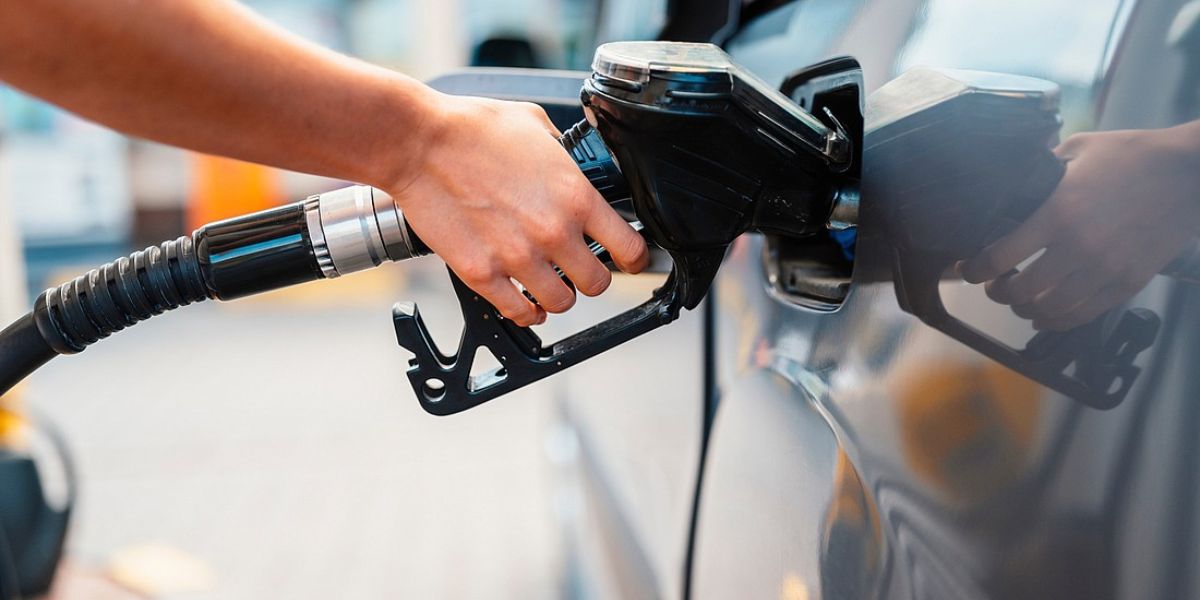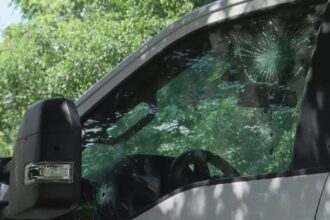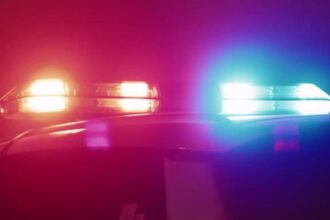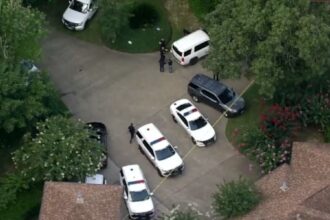Illinois drivers will soon pay even more at the pump, as the state’s gas tax rises again on July 1, keeping Illinois among the most heavily taxed states for fuel in the nation.
The state gas tax will increase by 1.3 cents, bringing the total to 48.3 cents per gallon as part of an automatic inflation adjustment. When combined with other state, local, and environmental taxes, Illinois trails only California in fuel costs for consumers, according to industry experts.
Supporters argue the tax is essential for funding critical infrastructure projects. But critics, including the Illinois Fuel and Retail Association and Illinois Policy’s Dylan Sharkey, say taxpayers are paying more while seeing little return in terms of improved roads.
“The U.S. Department of Transportation grades the percentage of roads in each state under acceptable conditions, and in Illinois, those numbers haven’t gone up in six or seven years,” said Sharkey. He noted Illinois collects $6 billion annually for transportation, yet roads remain in poor shape.
Fuel retailers warn that higher gas prices are also hurting border communities, as residents increasingly cross state lines to fill up in places like Indiana, Wisconsin, Iowa, Missouri, and Kentucky, costing Illinois valuable sales tax revenue.
“The taxes are passed directly to the consumer, but the bigger hit is for border towns losing business altogether,” said Nate Harris, CEO of the Illinois Fuel and Retail Association.
Separately, a new tax increase on tobacco and vaping products also takes effect July 1, raising taxes on those products to 45%.
As electric vehicles and hybrids grow more popular, state lawmakers are exploring alternative ways to fund road maintenance, including a potential vehicle mileage tax. But Harris warns the existing system is already strained.
“Taxes on liquid fuels will not cover increased road usage by EVs forever,” Harris said, adding that Illinois should halt the automatic gas tax hikes, especially with billions already sitting unused in the state’s Road Fund.
In 2019, 20 Republican House members and three state senators joined Democrats to support a bill that included a fuel tax hike, contributing to Illinois’ second-highest fuel tax burden nationwide.
“But some lawmakers still believe Illinoisans aren’t paying enough toward roads,” Sharkey added, fueling ongoing debate over how the state should address its crumbling infrastructure.









